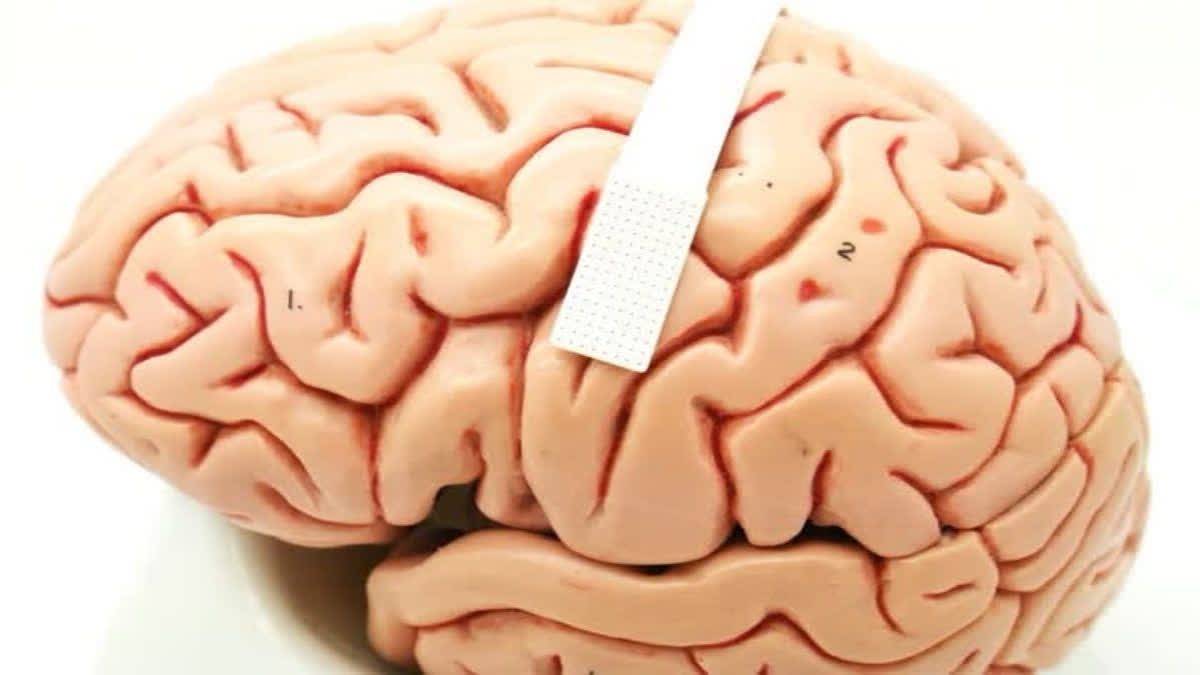New Delhi:New research has uncovered how the brain figures out exactly which action in a sequence of tasks performed led to a 'reward'.
While the brain chemical dopamine is known to play a crucial role in the reward process, important for reinforcing behaviours while learning, researchers from Allen Institute and colleagues said how exactly the brain linked certain actions to the dopamine release has remained unclear, calling it the brain's 'credit assignment problem'.
They found that dopamine not only signalled a reward but, through trial and error, also guided animals to home in on the specific behaviours that lead to these rewards. The researchers said that the findings highlighted a sophisticated learning strategy where behaviours are not just reinforced, but actively shaped and fine-tuned through experience.
The brain's reward system can thus swiftly and dynamically alter the full range of an animal's movements and behaviours, they said in their study published in the journal Nature. "When you reinforce behaviour, we often think it's just that action," said senior author Rui Costa, the president and CEO of the Allen Institute.
"But no: you're changing the entire behavioural structure. And what was really surprising was how rapid it was," said Costa. The insights could also be relevant to fields such as education and artificial intelligence (AI), the researchers said, as they could help develop more advanced and efficient learning systems.
